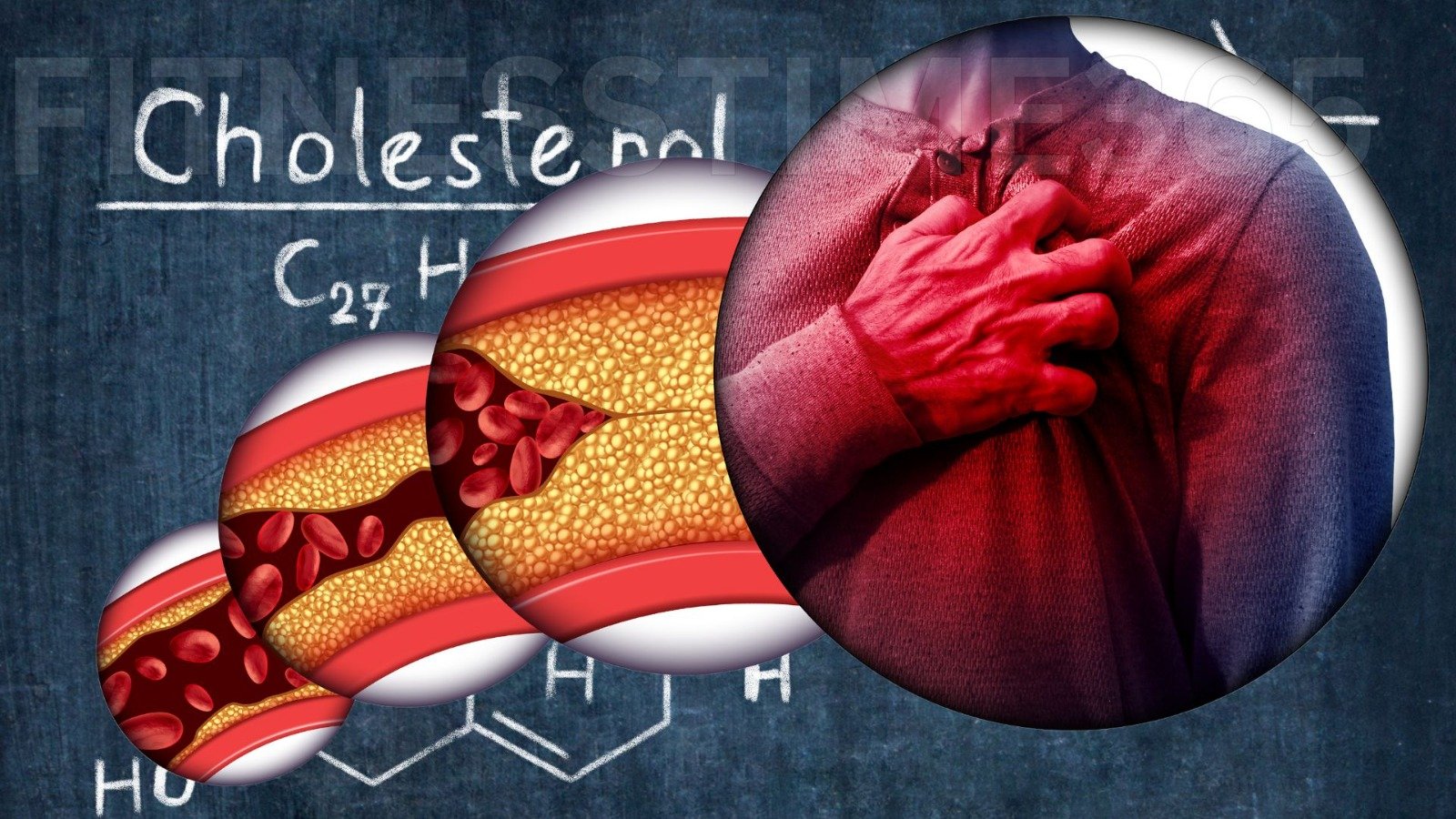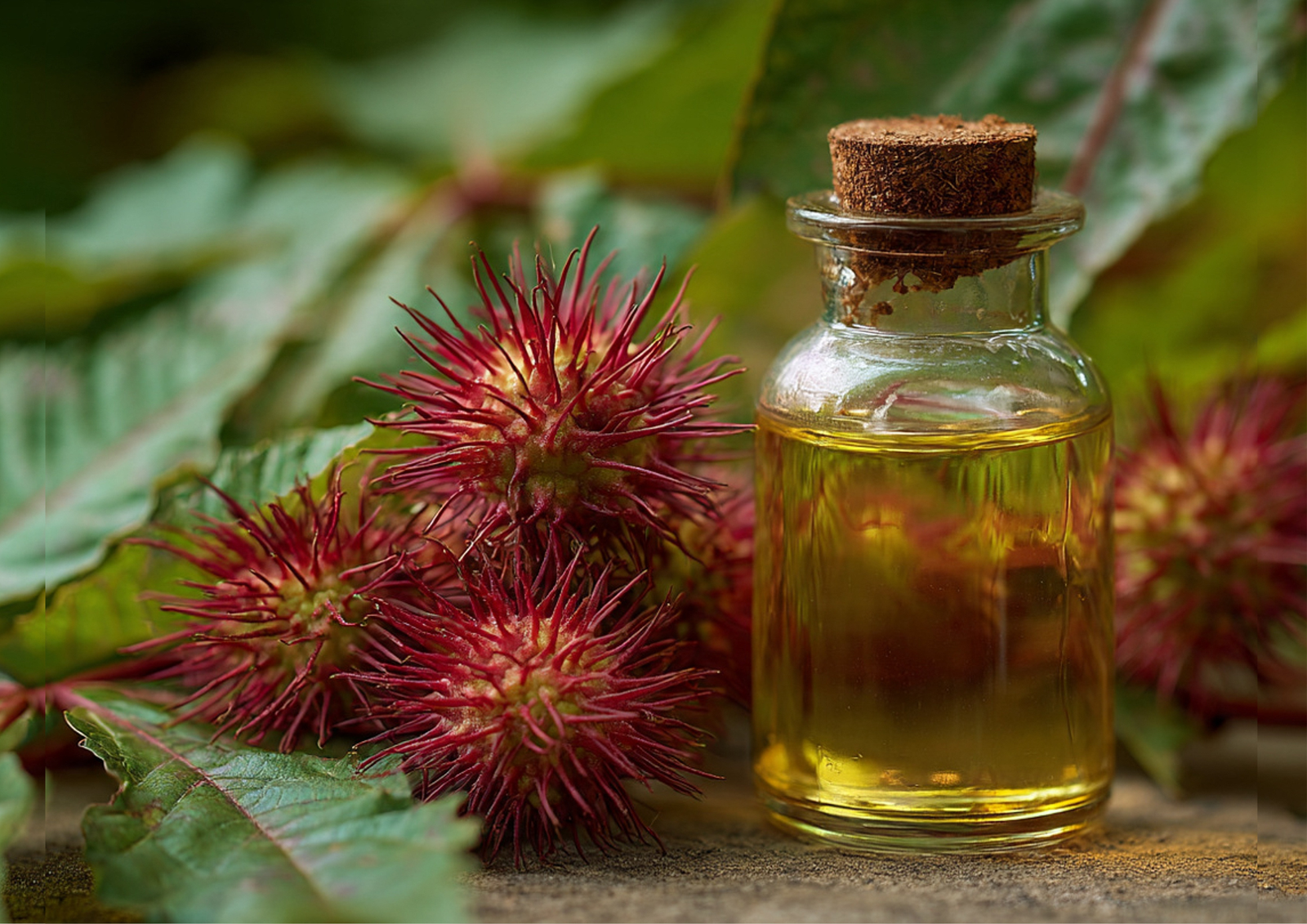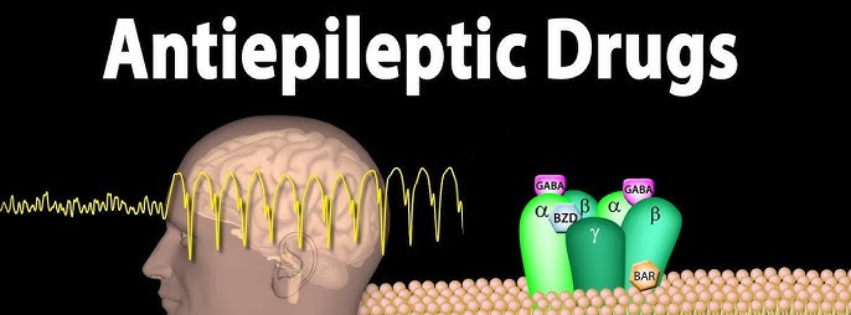
How to Reduce Cholesterol Naturally
In a world where health is paramount, yet paradoxically, lifestyle diseases are on the rise, managing one’s cholesterol levels can seem like a daunting task. But fear not! Embarking on the journey to lower cholesterol naturally is not only possible but can also be quite enjoyable. This comprehensive guide aims to enlighten you on how to navigate this path with dietary changes, lifestyle modifications, and the support of natural supplements.
Introduction
Cholesterol, a waxy substance found in your blood, is essential for building healthy cells. However, when its levels rise too high, it can lead to heart disease, making it crucial to understand and manage effectively.
The Importance of Managing Cholesterol
High cholesterol silently damages your arteries, increasing the risk of heart attacks and strokes. It’s a condition that doesn’t usually come with noticeable symptoms, which is why it’s often called a silent killer.
Good vs. Bad Cholesterol
Cholesterol travels through your blood on lipoproteins. Low-density lipoprotein (LDL) cholesterol is known as “bad” cholesterol, leading to plaque buildup in arteries. High-density lipoprotein (HDL) colesterol is “good” cholesterol, helping remove other forms of cholesterol from your bloodstream.
Dietary Changes
Your diet plays a pivotal role in managing cholesterol levels. By making some strategic choices, you can significantly influence your cholesterol levels and overall heart health.
Foods to Eat
Incorporate more fruits, veggies, whole grains, and lean proteins into your diet. Foods rich in omega-3 fatty acids, like salmon and flaxseeds, can also have a positive effect on your cholesterol levels.
Foods to Avoid
Reduce your consumption of saturated fats found in red meat and full-fat dairy products . Trans fats, often in processed foods, should be avoided completely.
Recipes for a Heart-Healthy Diet
Experiment with heart-healthy recipes that include a variety of cholesterol-lowering foods. Think colorful salads, grilled fish, and oatmeal with berries.
Lifestyle Modifications
Adjusting your lifestyle can significantly impact your cholesterol levels and your overall well-being.
Exercise and Physical Activity
Regular physical activity can help raise HDL cholesterol. Aim for at least 40 minutes of moderate exercise most days of the week.
Fish Oil
Omega-3 fatty acids found in fish oil supplements can lower triglycerides and improve overall heart health.
Importance of Regular Health Check-ups
Regular check-ups and cholesterol screenings can help you track your progress and adjust your strategy as needed. Always consult with a healthcare provider before starting any new supplement or major lifestyle change.
Tips to Reduce Cholesterol Naturally:
Adopt a Heart-Healthy Diet: Include plenty of fruits, vegetables, whole grains, and beans in your diet.
Choose lean proteins such as fish, poultry, and plant-based sources like beans and lentils.
Limit saturated fats found in red meat, full-fat dairy products, and processed foods.
Opt for healthier fats like monounsaturated and polyunsaturated fats found in avocados, nuts, seeds, and olive oil.
Increase Fiber Intake: Fiber-rich foods like oats, barley, fruits, vegetables, and beans can help lower LDL cholesterol levels.
Limit Sugar and Refined Carbohydrates: Reduce your intake of sugary beverages, desserts, and foods high in added sugars. Choose whole grains over refined grains to improve overall heart health.
Maintain a Healthy Weight: Losing excess weight, especially around the abdomen, can help improve cholesterol levels. Aim for a balanced diet and regular physical activity to achieve and maintain a healthy weight.
Quit Smoking: Smoking can reduce HDL cholesterol levels and damage blood vessels, increasing the risk of heart disease. Quitting smoking can have significant benefits for your cholesterol levels and overall health.
Limit Alcohol Consumption: Moderate alcohol consumption may have some heart-health benefits, but excessive drinking can raise triglyceride levels and contribute to high cholesterol.
Manage Stress: Chronic stress can influence cholesterol levels and overall heart health.(Practice relaxation techniques such as deep breathing, meditation, yoga, or spending time in nature to reduce stress levels.
Conclusion:
Lowering cholesterol levels naturally requires a combination of healthy lifestyle choices, including a nutritious diet, regular exercise, maintaining a healthy weight, quitting smoking, limiting alcohol intake, and managing stress. By incorporating these strategies into your daily routine, you can improve your cholesterol profile, reduce the risk of heart disease, and enhance overall well-being. Always consult with your healthcare provider for personalized advice and guidance on management.
For More Information Click Here.
If you want to Buy 100% Ayurvedic Medicine Click Here.






